Exploring Sustainable Farming Solutions with Agritech
Introduction
Sustainable farming is vital as the global population continues to expand, the challenge of feeding billions of people while mitigating the environmental impact of food production becomes increasingly urgent. Traditional farming practices are straining the planet’s resources, contributing to deforestation, water scarcity, and greenhouse gas emissions. Enter agritech, a fusion of agriculture and technology, offering innovative solutions to revolutionize food production. In this blog, we will delve into the future of food through the lens of sustainable agritech solutions.
Agritech: Redefining Sustainable Farming
Agritech encompasses a wide range of technologies and practices that aim to enhance efficiency, productivity, and sustainability in agriculture. From precision farming and vertical agriculture to AI-driven analytics and genetic engineering, agritech represents a paradigm shift in how we cultivate, harvest, and distribute food.
Precision Farming: Nurturing Crops with Precision
Precision farming is a cornerstone of agritech, leveraging advancements in sensors, drones, and data analytics. By collecting real-time data on soil conditions, weather patterns, and crop health, farmers can make informed decisions to optimize resource allocation. This not only increases yields but also minimizes the use of water, fertilizers, and pesticides – key contributors to environmental degradation.
Vertical Agriculture: Growing Upwards
With the global urban population on the rise, arable land is becoming scarcer. Vertical agriculture offers a solution by growing crops in vertically stacked layers, often within urban environments. These indoor farms utilize LED lights, hydroponic or aeroponic systems, and precise climate control to create optimal growing conditions. The result is a year-round, resource-efficient production that reduces the need for long-distance transportation.
AI and Big Data: Cultivating Intelligence
Artificial Intelligence and Big Data are transforming agriculture by crunching massive amounts of information to predict disease outbreaks, optimize planting schedules, and even detect pest infestations. Machine learning algorithms can analyze historical data to make predictions, allowing farmers to take preventive measures, reduce waste, and boost efficiency.
Biotechnology and Genetic Engineering: Yielding Improved Varieties
Genetic engineering has the potential to enhance crop resilience, yield, and nutritional content. By modifying the DNA of plants, scientists can develop crops that are more resistant to pests, diseases, and environmental stressors. For example, drought-resistant crops could thrive in water-scarce regions, contributing to food security in the face of climate change.
Challenges and Considerations for Sustainable Farming
While agritech holds immense promise, it also comes with its own set of challenges and considerations. Data privacy, for instance, becomes crucial as farms become more connected and reliant on digital tools. Additionally, the upfront costs of implementing agritech solutions can be a barrier for small-scale farmers, potentially exacerbating inequalities in the agriculture sector.
Environmental Concerns
Critics argue that certain agritech practices, such as monocropping and extensive pesticide use, could inadvertently harm local ecosystems and reduce biodiversity. Striking a balance between technological advancements and ecological well-being is imperative to ensure a truly sustainable future for food production.
The Role of Policy and Education
To fully harness the potential of agritech, supportive policies and educational initiatives are vital. Governments can incentivize farmers to adopt sustainable practices through subsidies and regulations. Simultaneously, educating farmers about the benefits and responsible use of agritech tools can lead to more widespread and effective implementation.
Conclusion
The future of food lies at the intersection of agriculture and technology, where agritech offers a roadmap to sustainable food production. Through precision farming, vertical agriculture, AI-driven analytics, and genetic engineering, we can mitigate the environmental impact of traditional farming practices while nourishing a growing global population. Nevertheless, responsible innovation, backed by thoughtful policies and inclusive education, will be the key to realizing the full potential of agritech. As we navigate the path forward, collaboration between stakeholders – from farmers and scientists to policymakers and consumers – will be essential in shaping an equitable and sustainable food future.
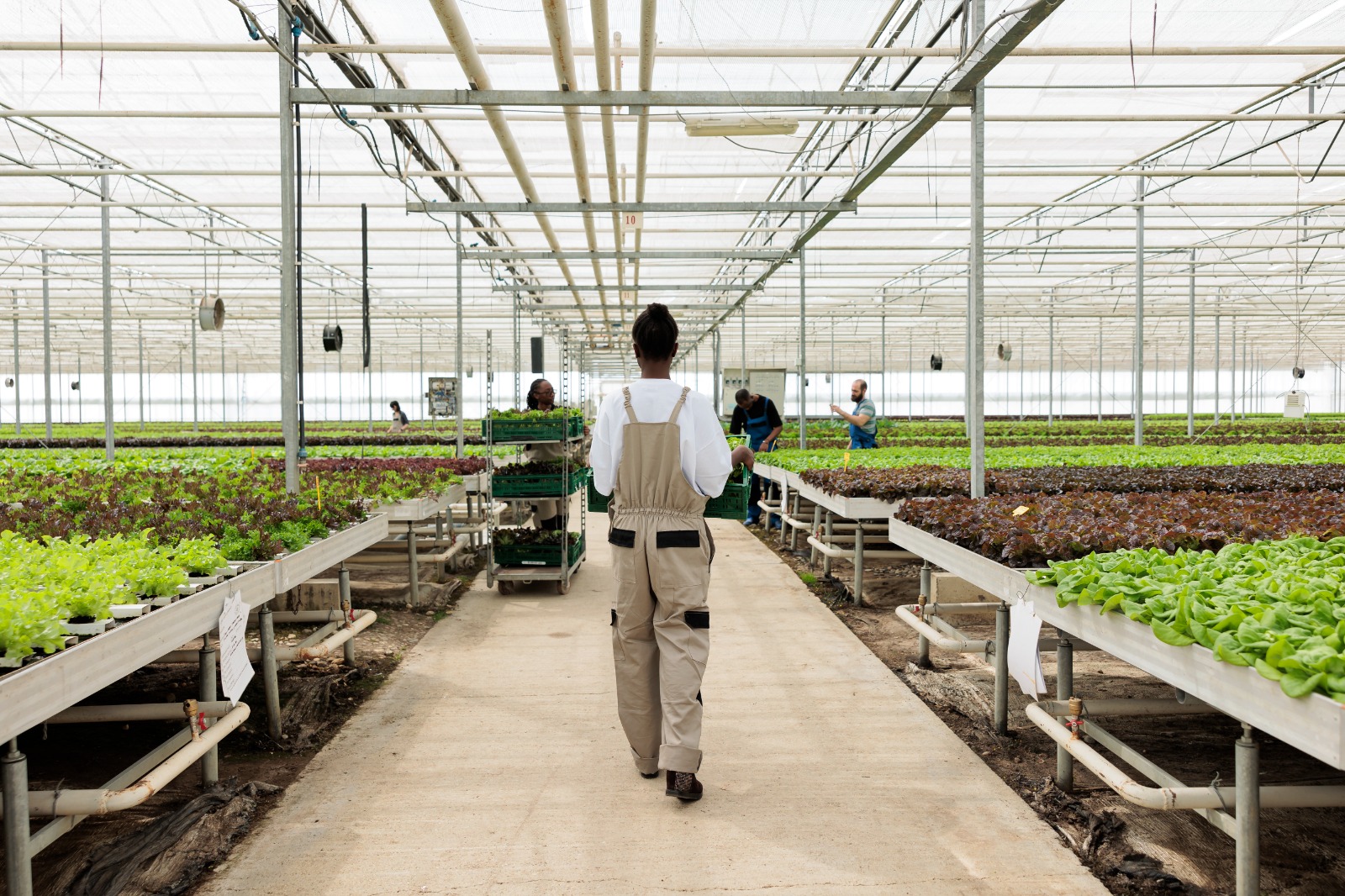
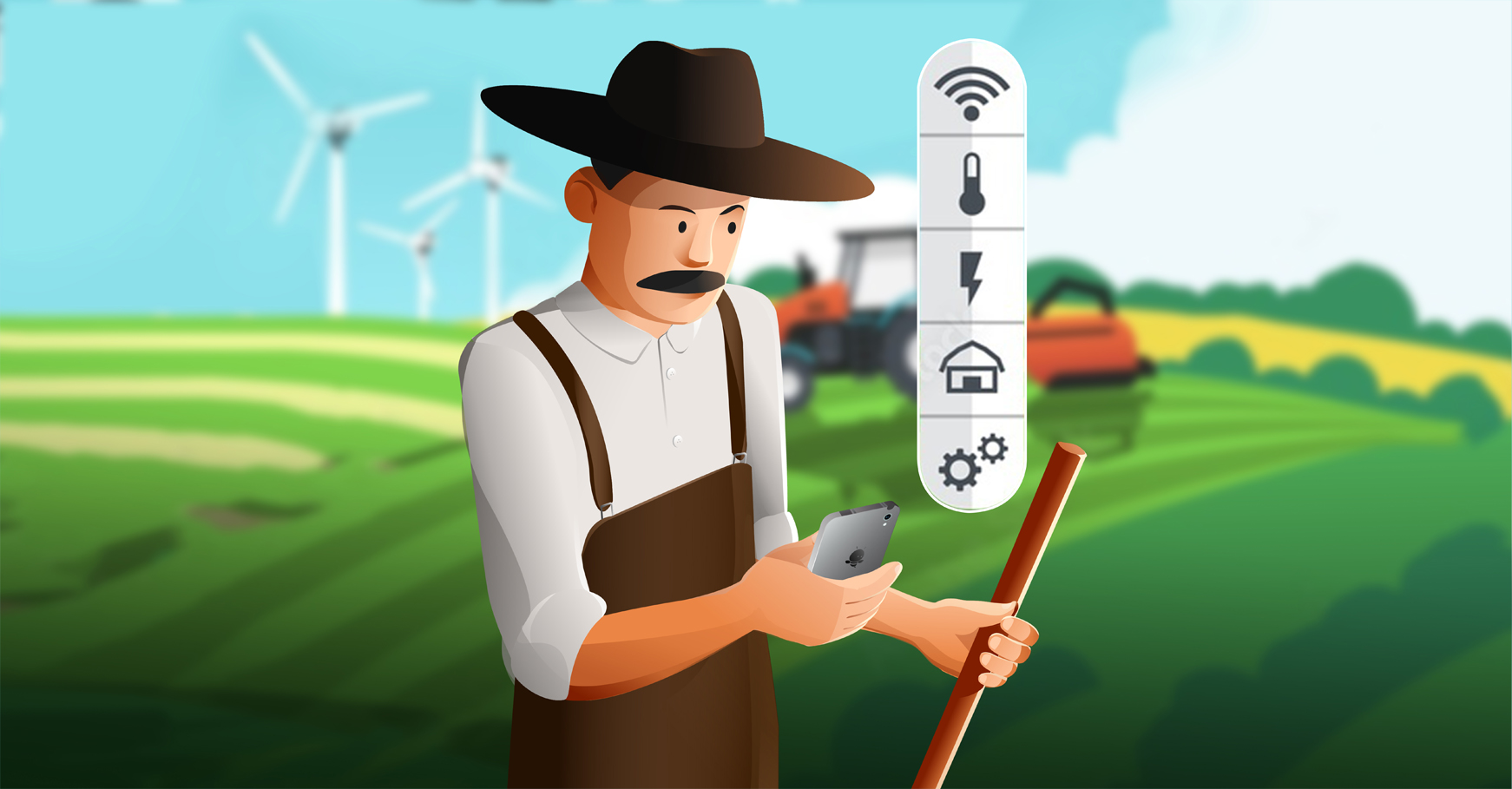
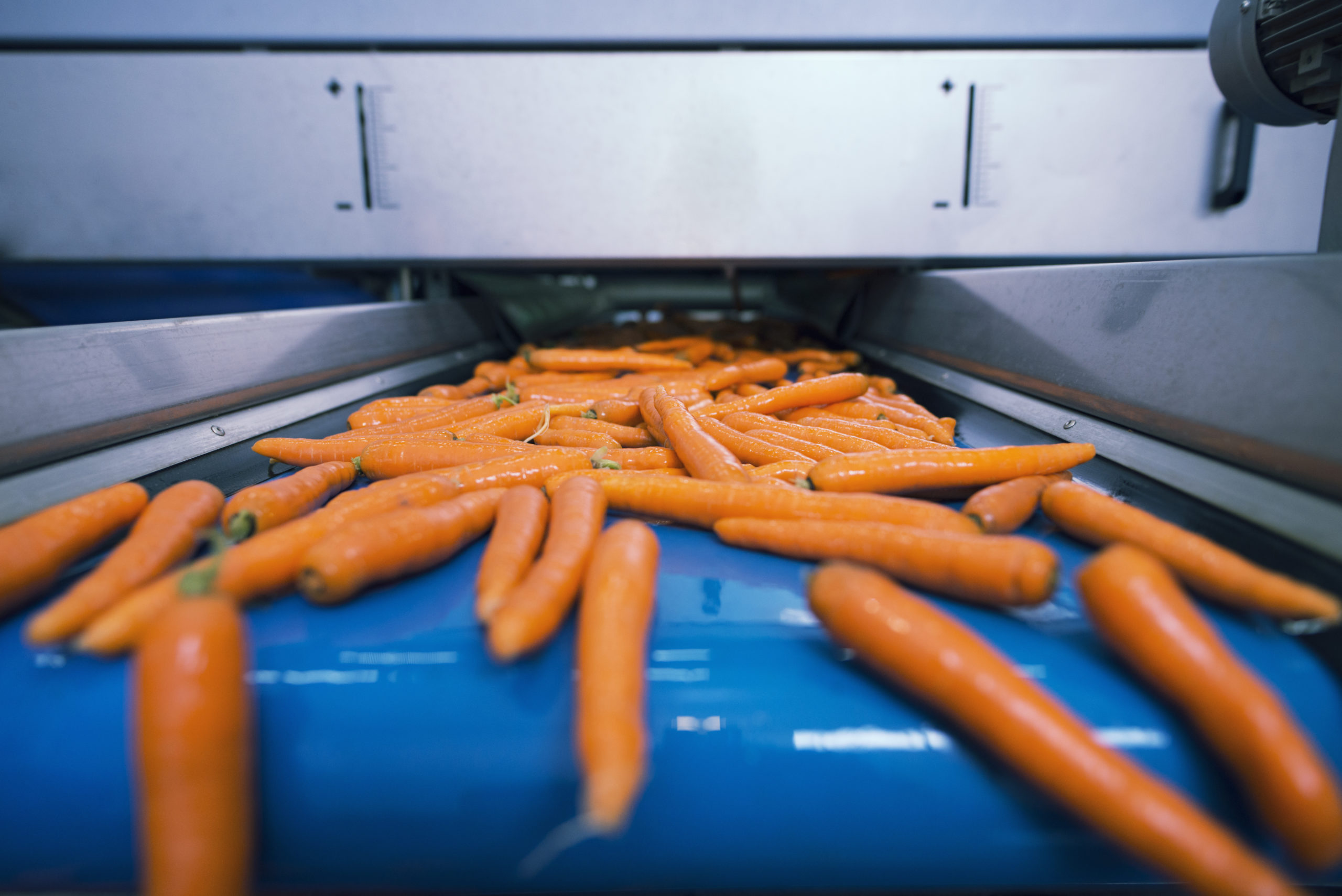
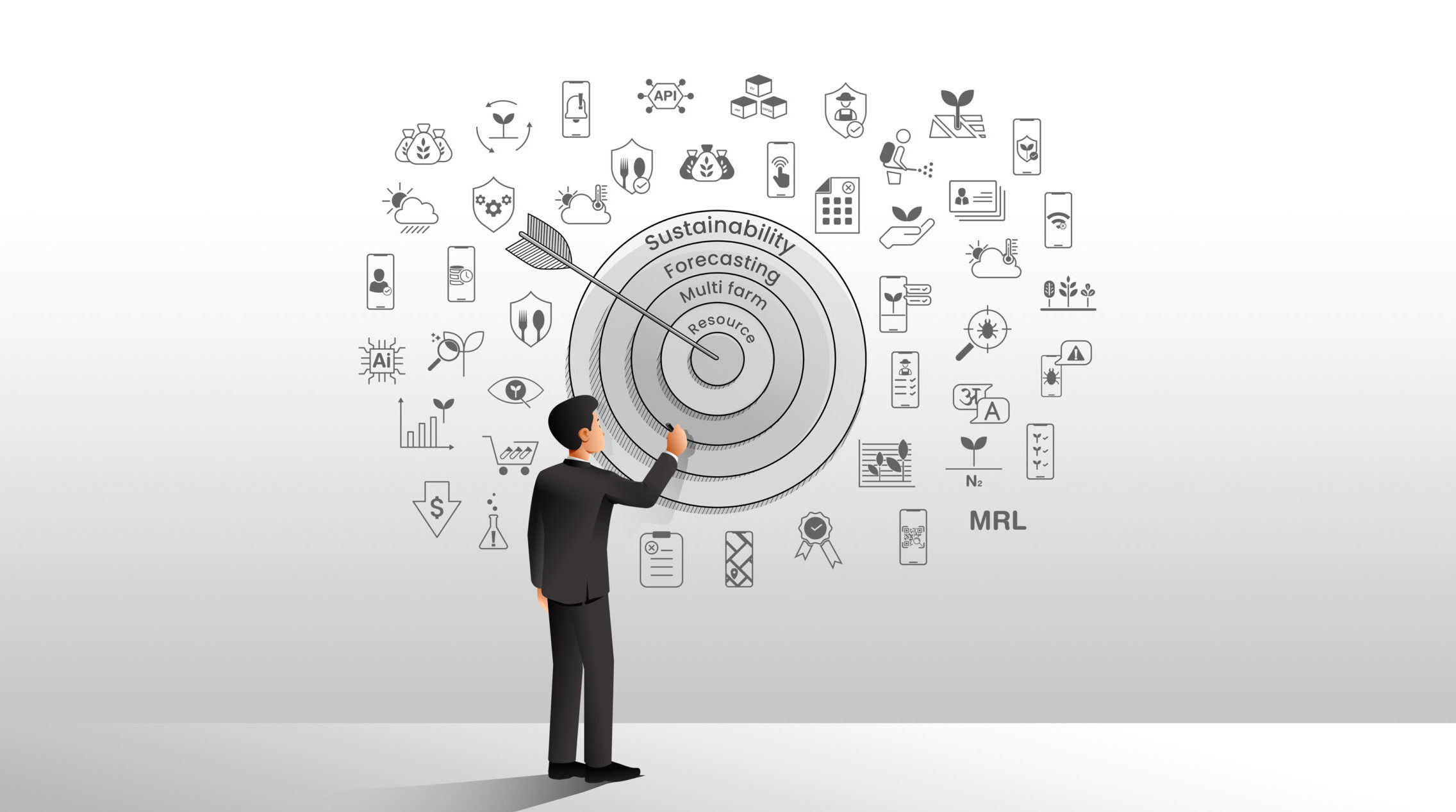
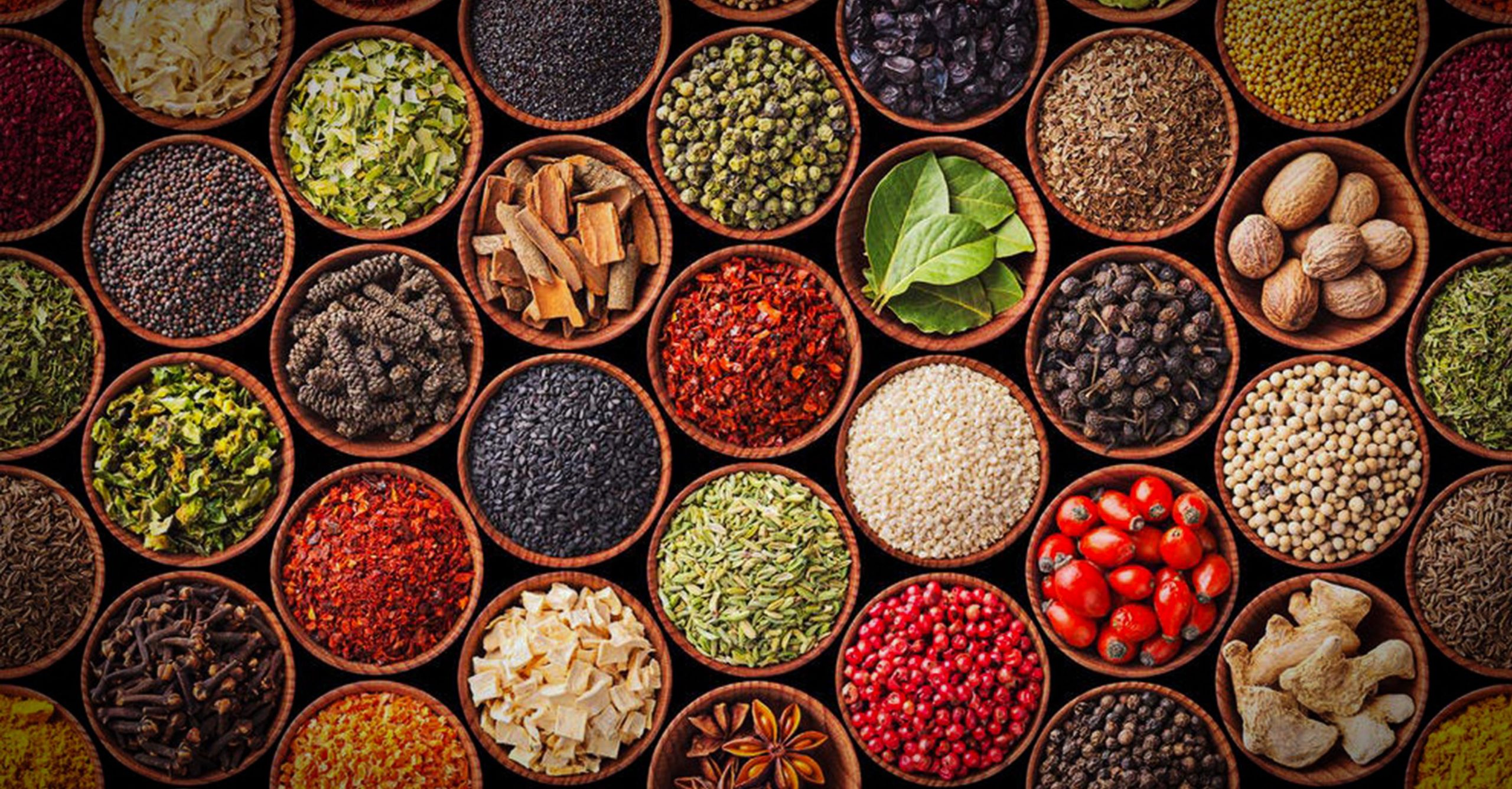
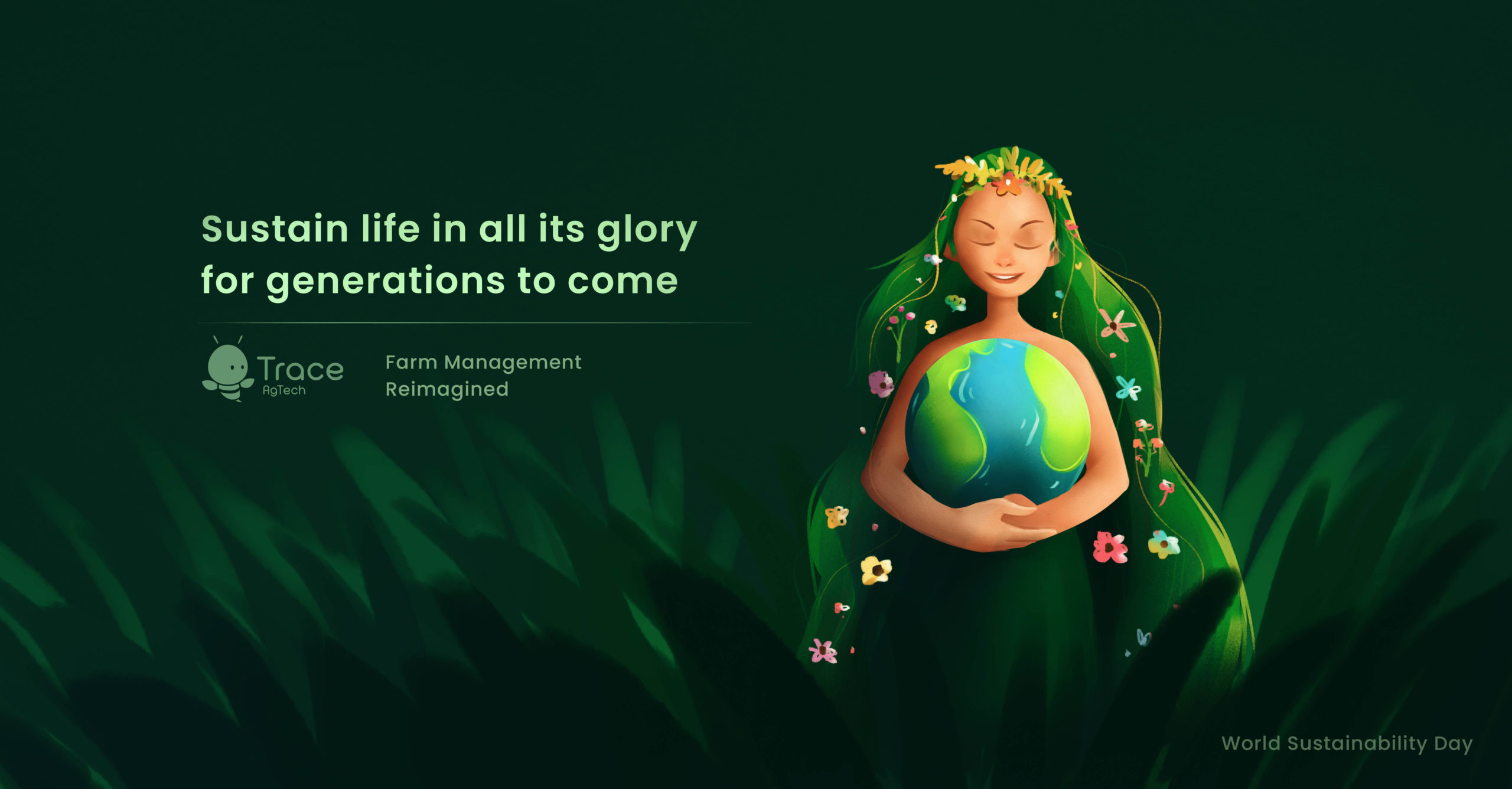
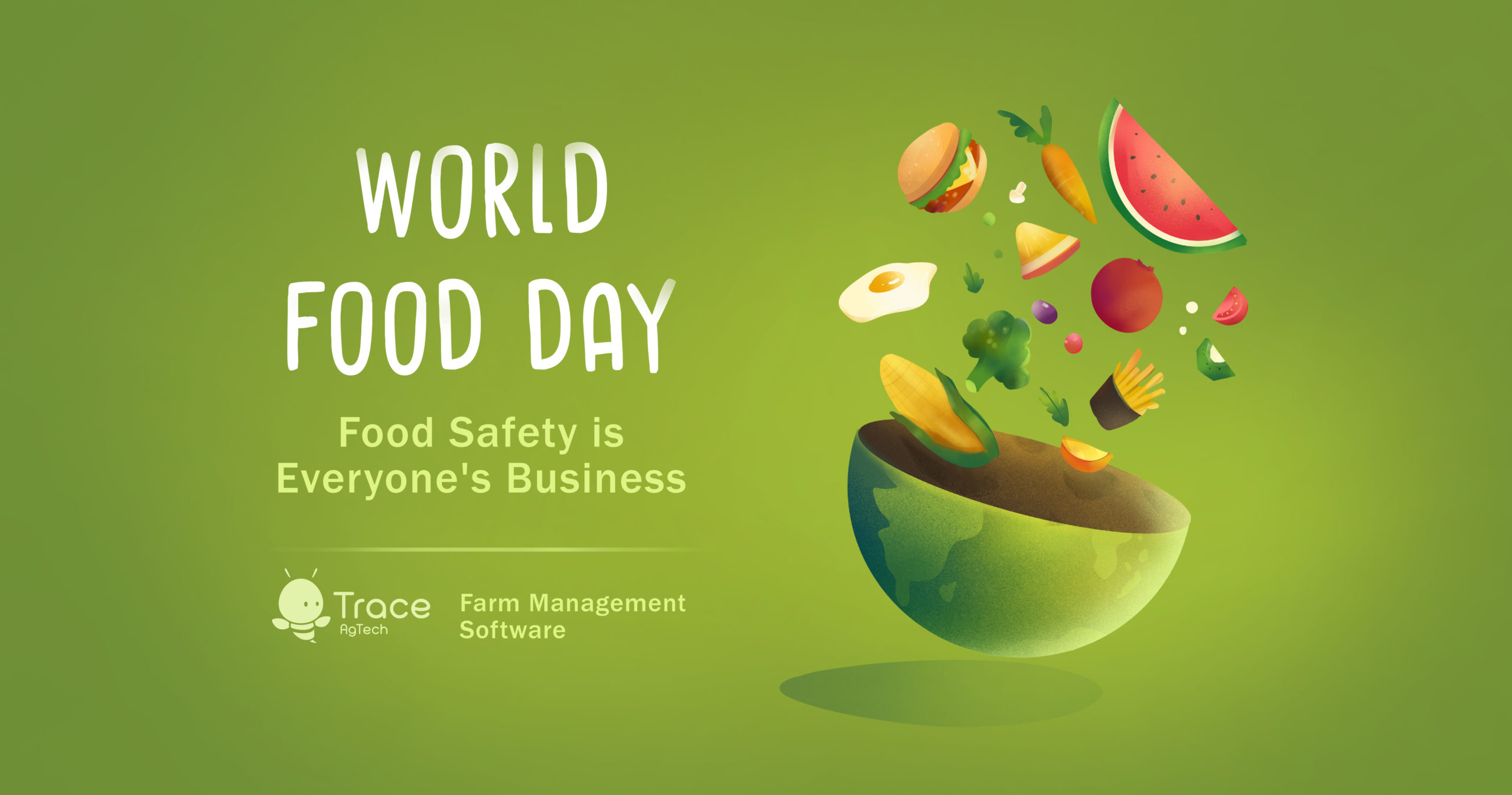
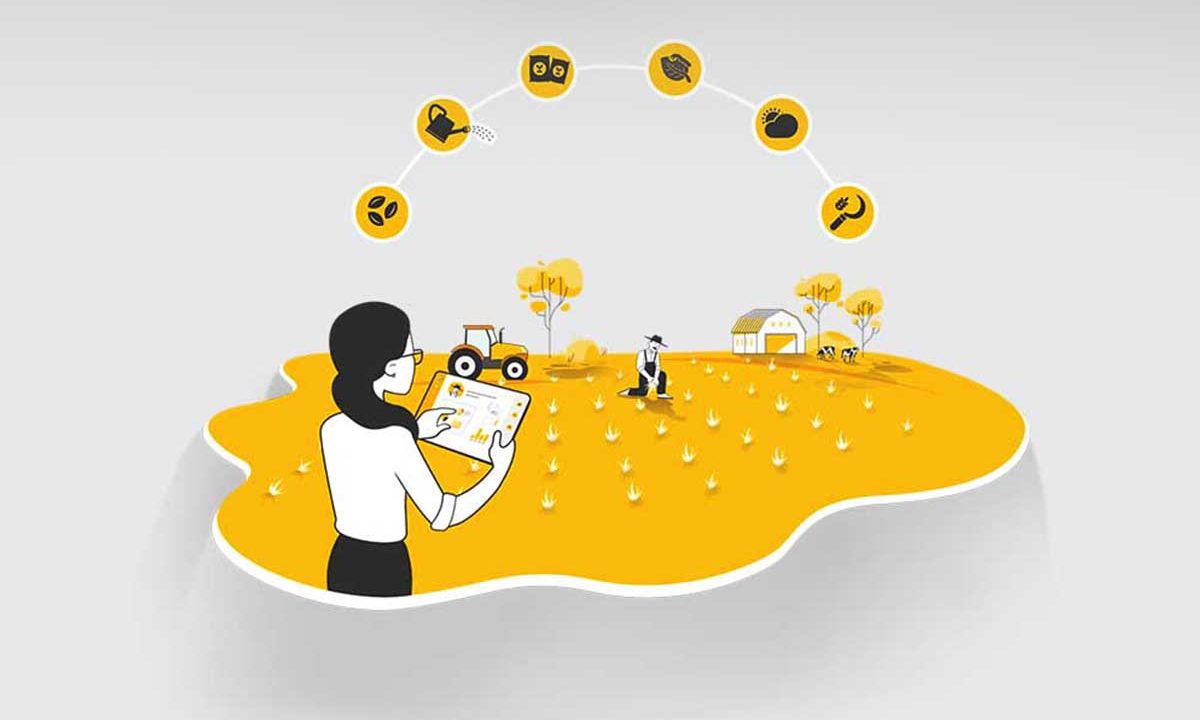
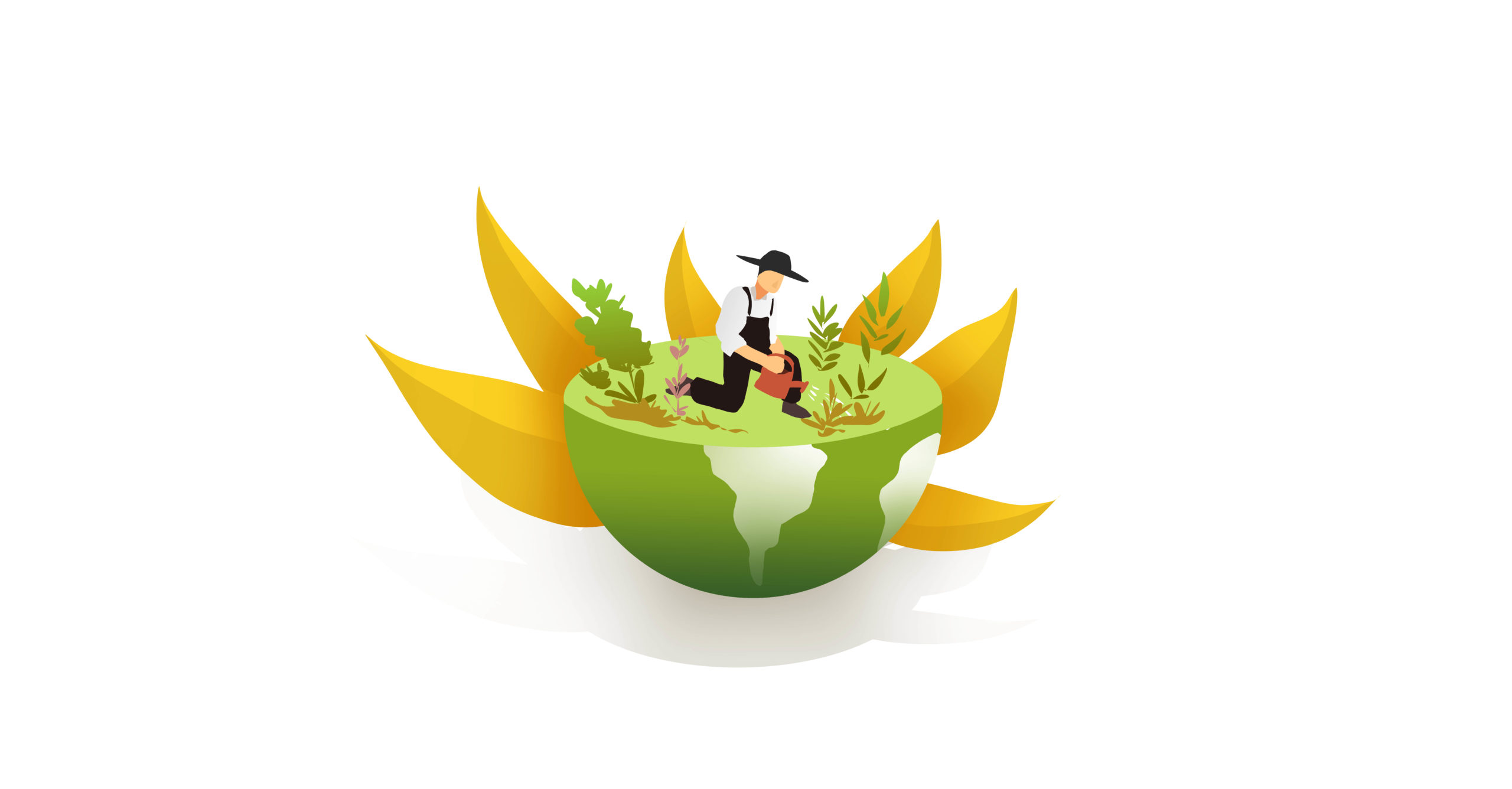
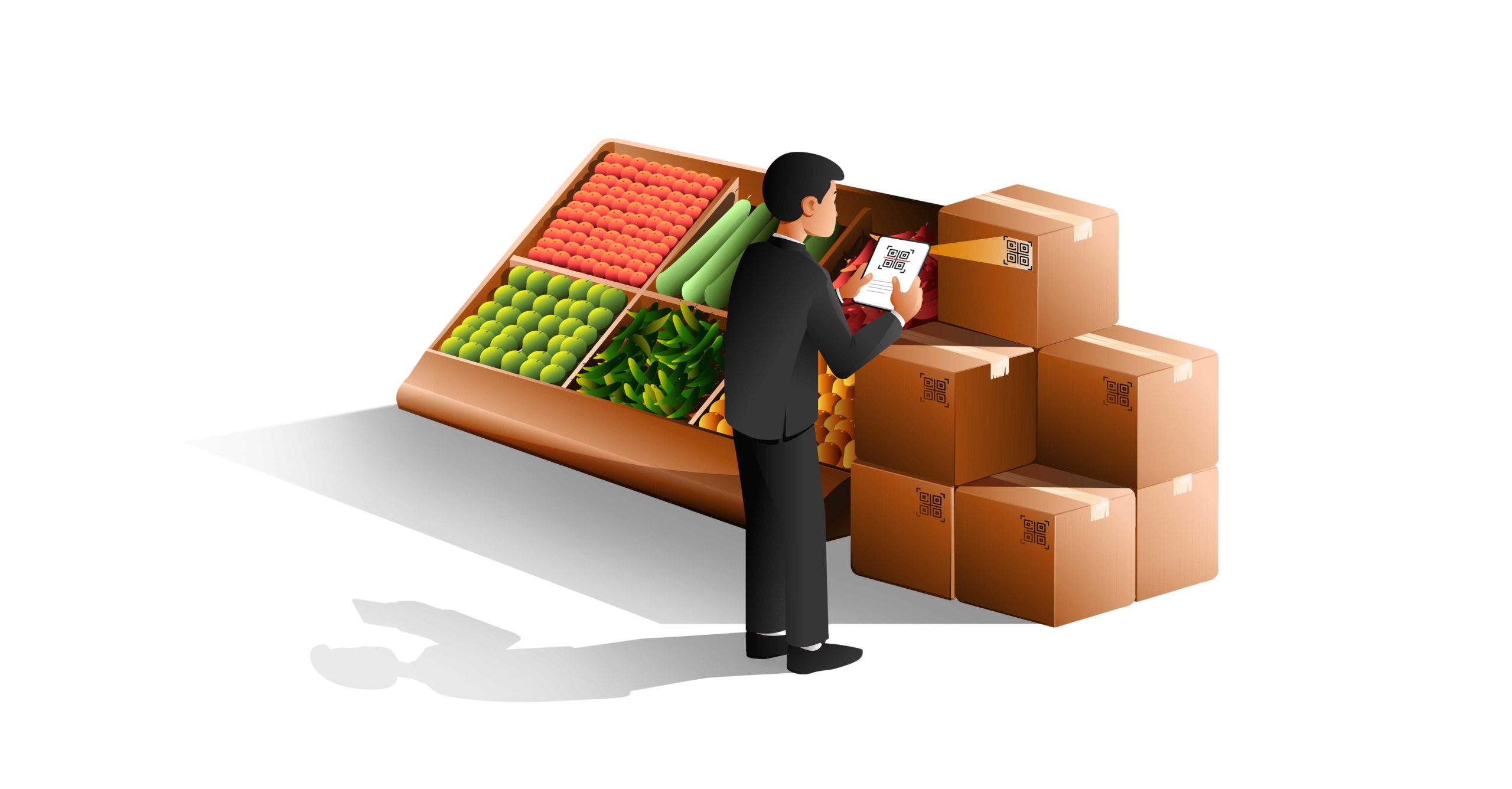


Any comments?